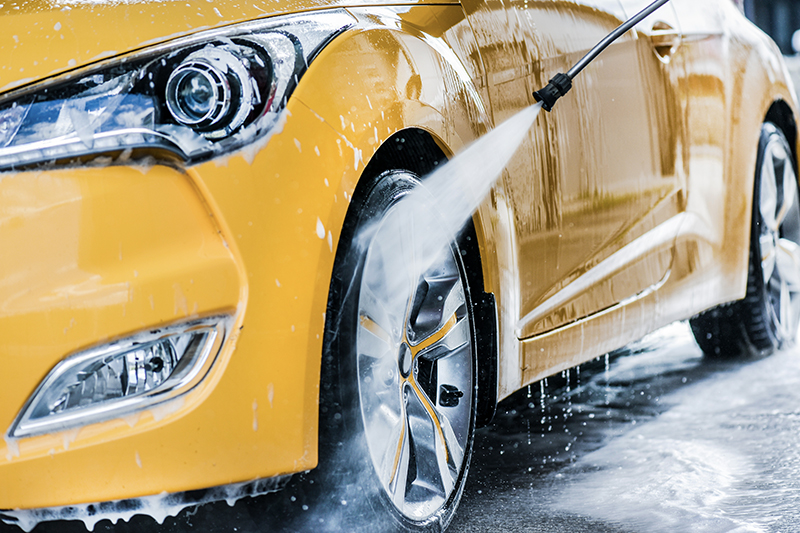As a rideshare driver can I deduct my carwash expenses?
October 23, 2023 by Steve Banner, EA, MBA
Speaking from the viewpoint of someone who has used the services of rideshare drivers quite frequently, I want the answer to this question to be “yes.” I think I speak for millions of rideshare customers in the US when I say I would much rather ride in a clean car than a dirty one.
Speaking from the viewpoint of an Enrolled Agent authorized to represent taxpayers before the IRS, I can tell you that the answer to your question will likely be “yes.” But, as always, certain conditions have to be met. Don’t let that scare you; just allow me to explain.
First, you will need to be a self-employed contractor who provides services to a parent company such as Uber or Lyft. In this arrangement, you are operating a small business. The tax law says that business owners can deduct all legitimate expenses that are ordinary and necessary for the operation of their business. Just to explain that last statement, you can deduct expenses someone in your line of work would ordinarily encounter. And you can deduct expenses necessary for your business's operation. The first thing that jumps to mind here is car expenses. Hello! You need to have a car to be a rideshare driver and, when driving that car, you will have to spend money on ordinary expenses like gas and other running expenses.
This is where the car wash comes into play. As a rideshare driver, you need to have a vehicle that can safely take your customers from Point A to Point B, transport them in comfort, and encourage repeat business. A car that is clean on both the outside and inside is much more appealing to potential customers than a vehicle that is shabby on the outside and filled with the grime of discarded fast-food wrappers and empty cups on the inside. Not only that, but a clean and inviting car will score much higher on the customer feedback ratings collected by the parent company for which you are providing your services. Maintaining a consistently high rating is, of course, important to the continuation of your business, whereas a low rating will likely lead to the parent company dropping you from its list of qualified contractors.
I’m sure you can see by now that carwash expenses can be deductible for your rideshare business. But these expenses must be reasonable and not extravagant or out of the ordinary. For example, having your car detailed twice a week by a high-end Beverly Hills firm that provides its services to the rich and famous would not only be out of the ordinary but also be massively expensive – and would very likely attract the attention of the IRS.
But you must keep your receipts no matter where or how you handle your ongoing carwash activities. The same goes for all of the other expenses related to the operation of your car in your rideshare business. Keeping good records like this will allow you to not only figure out the correct amount of your car expense deductions but will also allow you to provide proof to the IRS in case it ever questions your claim.





